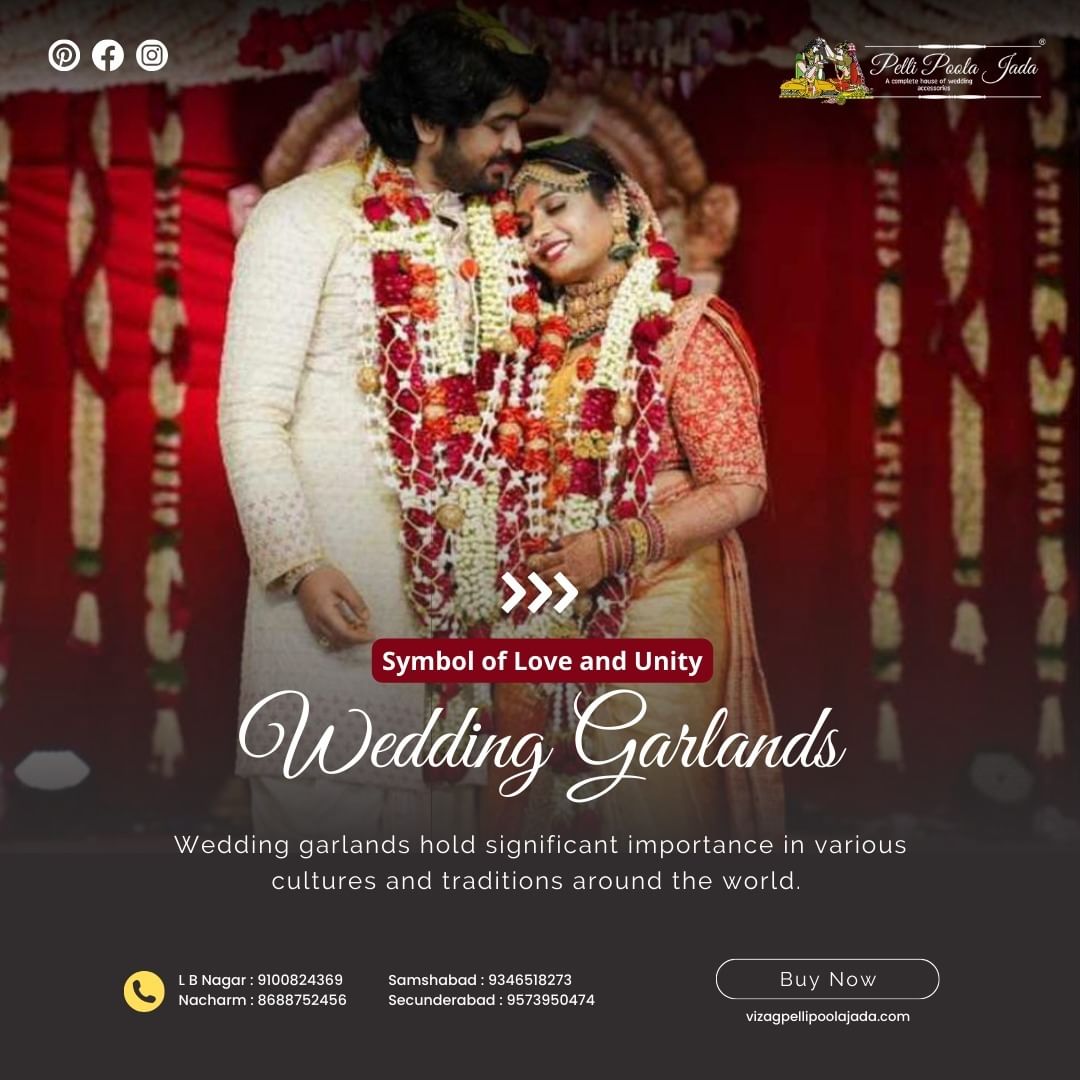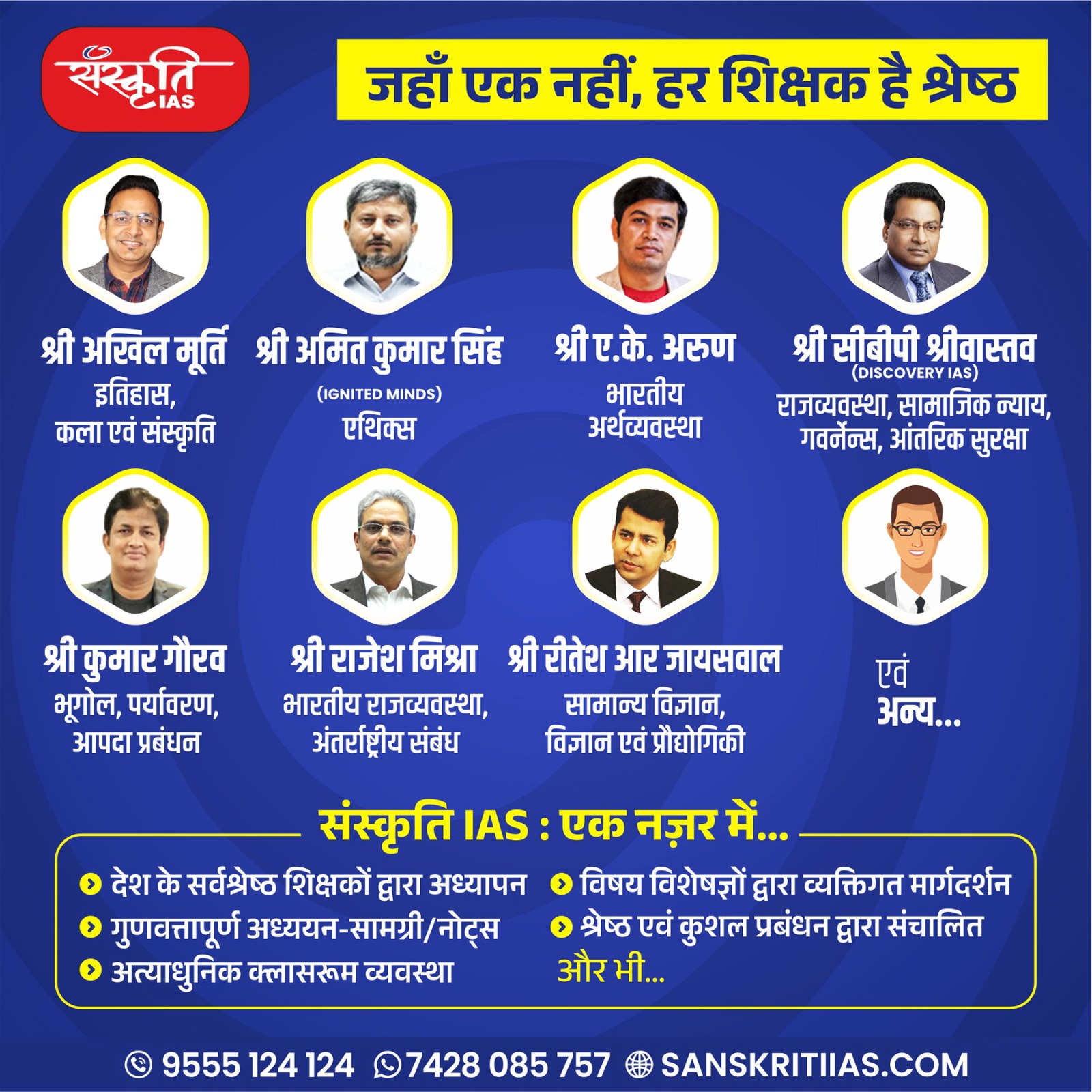In a remarkable achievement that has brought pride to the region, Dr. Rukhsaar Sayeed, a talented Masterchef from Kashmir, has clinched the second runner-up position in the latest season of MasterChef India. Making history as the first contestant from Kashmir to participate in the country’s most prestigious food reality show, Dr. Rukhsaar showcased her exceptional culinary skills and determination.

Hailing from Pampore, she embarked on a mission to introduce the rich and unique flavors of Kashmiri cuisine to the world. Her journey in the competition was highlighted by the preparation of a ‘lost Kashmiri dish’, a recipe she learned from her mother, passed down through generations from her grandmother, showcasing the deep-rooted culinary heritage of Kashmir.
Dr. Rukhsaar Sayeed Journey as an chef?
Dr Rukhsaar Sayeed started her cooking journey in class 9, as her father lived in Saudi Arabia. Her family used to visit her father for three months, as Kashmir’s school used to have three months of winter holidays. She involved herself in the kitchen as she got a fascinating interest. That is where her journey as a chef started.
She had many options when she got to choose her career. Her family mainly consists of Doctors and majority of the family holds the degree of MBBS. But she wanted to do something related to food.
She holds degrees of B Tech in Food Technology, then M Tech in Food Technology, and PhD in Food Technology. Dr. Sayeed loves experimenting with food and cooking it; her life also revolves around food.
Can you elaborate on the unique elements of Kashmiri cuisine that you aim to showcase on Master Chef, and how do you plan to bring these flavors to a global audience?
Kashmiri cuisines are very flavorful, such as Rogan Josh, which comes under Wazwan, a special dish made in Kashmir marriage ceremonies. But Kashmiri’s homemade food is unexplored. In the Master Chef’s kitchen, she will make all the Kashmiri homemade foods and all the used ingredients.
She will represent the cuisines of Kashmiri Pandits. This will reach globally, so audiences worldwide can get to know it. She wants to represent the Kashmiri Muslims’ and Pandits’ cuisines in Master Chef because many unique dishes are still left to be explored. Except for Dam Aloo, many other dishes are famous in Kashmir’s household. She will make all of the new untarnished dishes in Master Chef.
How has your background as a resident of Pam pore influenced your culinary style, and what stories or memories from your hometown do you incorporate into your dishes?
Her ancestors are from Tangmarg, near Gulmarg. Her parents shifted to Srinagar in 1980. She was born and raised in Srinagar, but her in-law’s house is in Pam Pore. She has learned a lot from Pam Pore, such as how to use Saffron authentically, its tradition, and everything else.
People in Pam Pore use Saffron in different ways; there are many other uses she learned. Everyone has different cooking styles, such as her mother and her mother-in-law has different cooking styles. Dr Sayeed wrapped a few essential ingredients from each of their dishes and learned new techniques and food over time. She used those techniques and new dishes in Master Chef.
In navigating the audition process for Master Chef, what aspects of Kashmiri cuisine did you emphasize, and how did you make your culinary heritage stand out among diverse global contestants?
The audition for the Master Chef position continued for a long time, and all the participants had to cross each stage slowly. She wanted to cook the unexplored cuisines of Kashmir, and for that, she cooked new dishes. Every time during the auditions in Mumbai, Jammu and Delhi, she cooked various new dishes. Her only wish was to create Kashmiri Pandits and Muslim Cuisines on such a big platform as Master Chef. It makes a big difference because no one represented Kashmiri Cuisine before her.
Beyond the competition, how do you envision using the Master Chef platform to promote cultural exchange and understanding through the lens of food and cuisine?
Each participant is from a different region and culture; she shared her experience and was happy communicating with them about their cultures and cuisines. There was culture exchange; all contestants used to share their ingredients, speciality, and how to utilize them in dishes. Beyond the competition, there was a lot to learn from everyone; they used to discuss and exchange knowledge. They stayed for over 20 hours, apart from that one hour of show.
Kashmiri cuisine is known for its rich history and diverse influences. How do you strike a balance between preserving traditional recipes and incorporating contemporary twists to appeal to a modern audience?
Master Chef is all about adaptation, how one adapts to challenges and new ingredients. She heard of new ingredients for the first time, and almost it was for everyone. She represented Kashmir cuisine, so she wanted to put at least a few elements in all the dishes. Dr Sayeed always wanted to put forward the Kashmiri Cuisines and its ingredients so that people get to know and adopt them. It’s essential to bring a twist because while tasting the food, it must be authentic. Master Chef Kitchen is also about twists, and she tried new dishes with new ingredients, but the soul of the dish remains the same.
Can you share any challenges you faced during the audition process and how these experiences have shaped your approach to cooking and storytelling?
All the contestants had to go after many sets of auditions. The auditions occurred in many states, such as Delhi, Mumbai, etc. Every audition held a new challenge for everyone. It was not easy, but she was always motivated and had that fire within her to prove herself. She faced many challenges during her journey but never stopped and moved ahead. The contestants there were great, but moving ahead of them and beating them was a challenge, and trying new ingredients was also challenging. There were many challenges, but she managed to overcome them all.

As a contestant on Master Chef, how do you plan to leverage this opportunity to not only showcase your individual talent but also to highlight the broader culinary landscape of Kashmir?
Her journey won’t end in Master Chef; her motive is to grow Kashmiri cuisine to a larger audience, as Kashmiri cuisine is very vast. She could not represent every cuisine in Master Chef, so she aimed to gather a mass audience and let them know all the various Kashmiri cuisines. She wants to promote them on social media through pop-ups. Kashmiri tourism is excellent, and she is eager to let tourists know more about Kashmiri cuisines. These things will help her cuisine reach a global audience.
In your opinion, how does the representation of diverse cuisines on international platforms contribute to a broader appreciation of cultural diversity and fosters cross-cultural connections?
In Kashmir, there are many unexplored spices and vegetables people need to learn about. She tried to Mawal. She used that in many dishes, and people got to know about it now. Kashmiri people use dry vegetables, as there are hardly sunny days in winter, which becomes a problem for vegetation.
Her ancestors developed a device to store vegetables for a long time. In summer, some vegetables are sun dried and used in winter. Almost every sun dried version of vegetable is available in Kashmir. Even Kashmiri people cook sundry fish; they use smoked fish as their cuisine. She wants to try many new ingredients and make it famous globally.
Beyond the competition, do you have aspirations to further promote Kashmiri cuisine on a global scale, perhaps through culinary initiatives or collaborations?
While doing her PhD, she did not get enough time to cook healthy snacks for her children because she was busy with research. As she has a technology background, she knows what will suit her children best; in markets, there were all preservatives, chemical elements, and whatnot. These are all harmful to health. She started new recipes and started reading more and more, and her children loved the homemade snacks she made.
Then, she shared it with her family and friends, and the responses were nice. Until then, there were no such thoughts of converting the cooking business, but over time, she understood that most mothers needed these recipes because no healthy foods were available in the market. She got that one opportunity not in the sense of profit but made a noble initiative to start the business. She wanted to provide people with healthy and tasty foods.

In August 2009, they began the business. There was a problem with the internet for a year; then again, in 2020, they started the business. It was interrupted for one more year due to covid.
In 2021, they finally started from their kitchen and got a big room after a while. Soon, she realized that Kashmir has a lot of unemployment. Slowly, she began recruiting girls; it grew gradually without any loans.
How do you navigate the intersection of entrepreneurship and culinary art, and what guiding principles from your culinary background have influenced the development and vision of ‘Khalis’ as a frozen food initiative emphasizing taste and nutrition? As a woman food entrepreneur from Kashmir what influenced your journey to the top 12 of MasterChef India?
Being a female entrepreneur is complex, and running a business is challenging. Khalis’s and her PhD’s experience immensely helped her during her journey in Master Chef. Because of many group challenges, she was a team leader twice, and her team won both times. She got a little experience from Khalis. The experience of her PhD and Khalis helped her reach the top 12.
Your Inspirational Quote?
She learnt from life that she should never lose hope, which is very important. There is always a way to restart. She never lost hope; she moved on no matter how much she got backlashes. Her family had a crucial role to play in her journey. Their support enhanced her confidence, and she is here today because of their support. She has also told all the families to support their wives, girls, daughters and daughters-in-law to grow. Everyone should get the chance to pursue their dreams..























